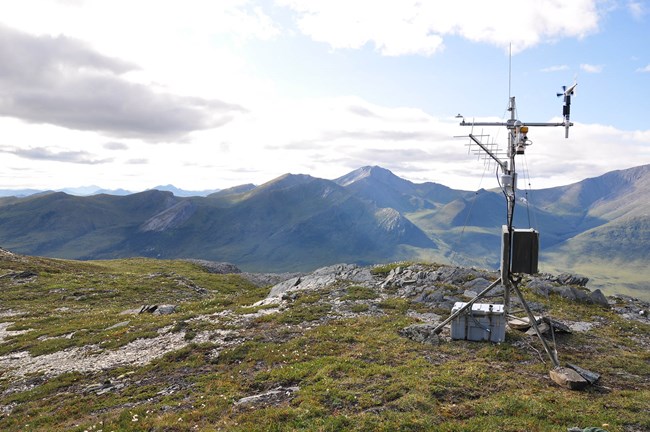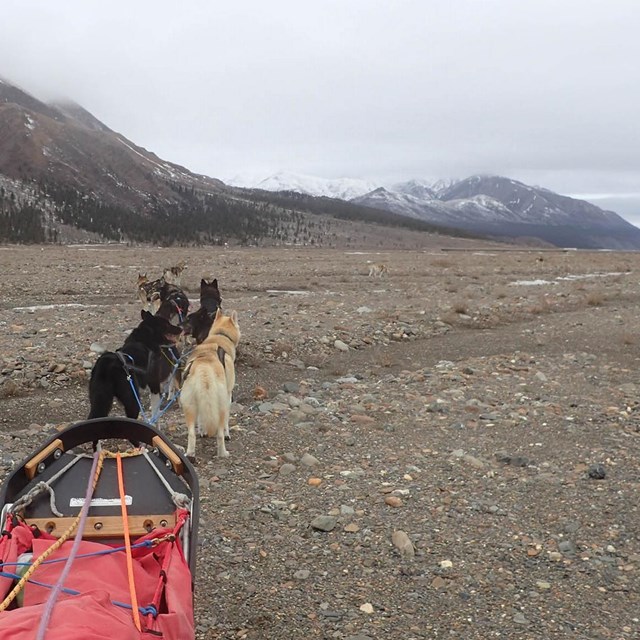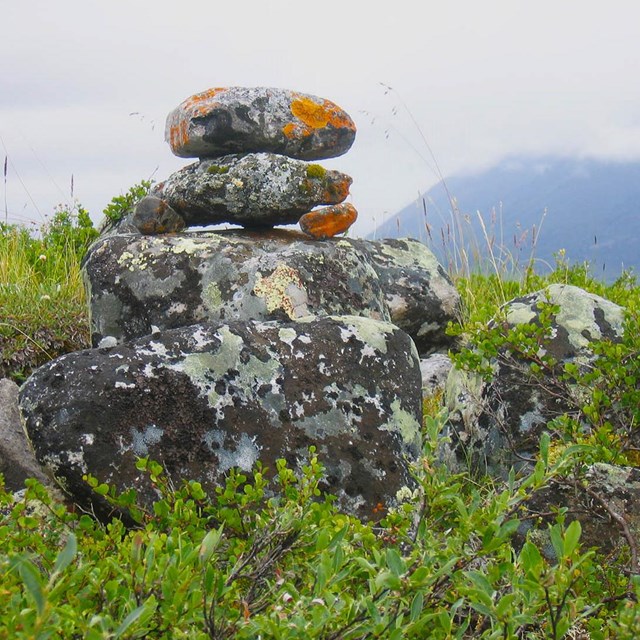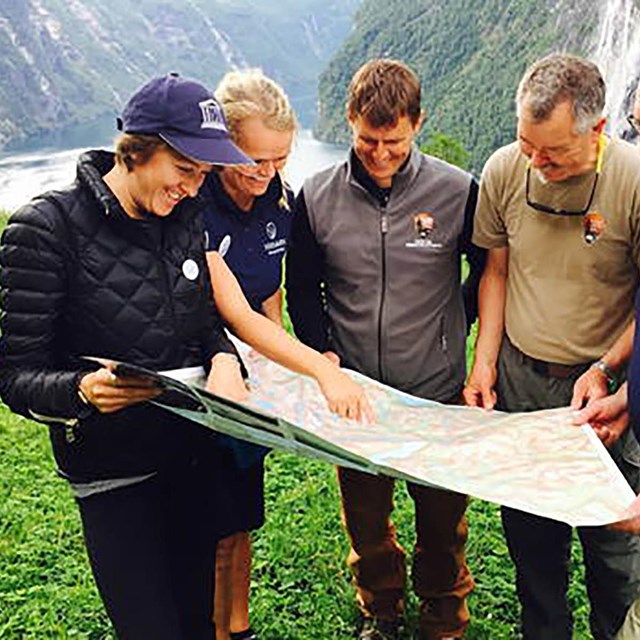
Climate is a fundamental driver of ecology. Alaska's climate is influenced by the oceans and sea ice, its high-latitude location on Earth, major mountain ranges and elevation, and continentality in Interior Alaska.
The effects of climate change are being felt acutely in the Arctic, which is warming approximately three times faster than the global average. Climate change-driven impacts are accelerating throughout Alaska, and with millions of acres of federally protected public lands, changes (large and small) are affecting landscapes, wildlife, habitat, and human activities in and around Alaska’s parks.
Climate change is a global challenge that we must work to resolve as a society. The National Park Service recognizes that no single entity will be able to “fix” this problem on its own. But, addressing climate change is a core responsibility within our mission to protect parks for future generations. We do this by taking necessary and effective action to address the effects of climate change in parks through adaptation, mitigation, and communication.
We also recognize that people who have deep connections to the land and sea around them hold important knowledge of environmental change. Their observations are essential for building a broader understanding of the past, how things are changing, the effects these changes are having on people, and for planning for future adaptation.
-
 High-latitude Climate Change
High-latitude Climate ChangeAll parks in Alaska are showing some ecological impacts from a warming climate. Learn more about what we are doing about it.
-
 Indigenous & Traditional Knowledge
Indigenous & Traditional KnowledgeIndigenous & traditional knowledge is critical to understand the context of climate change, how people are impacted, and how they can adapt.
-
 Taking Action
Taking ActionThe National Park Service incorporates climate change considerations into planning and decision making.
-
 Restoring Natural Freshwater Systems
Restoring Natural Freshwater SystemsRestoring and improving natural freshwater systems increases biodiversity, protects cultural sites, and contributes to healthy communities.
-
 Protecting Cultural Resources
Protecting Cultural ResourcesTo protect cultural resources, we need to increase their resilience to climate change.
-
 Reckoning with a Warming Climate
Reckoning with a Warming ClimateClimate has fundamentally shaped the landscape of high-latitude parks, but now climate change is redefining them.
Last updated: October 18, 2024
